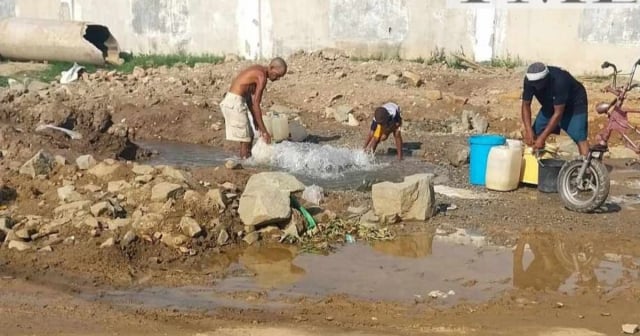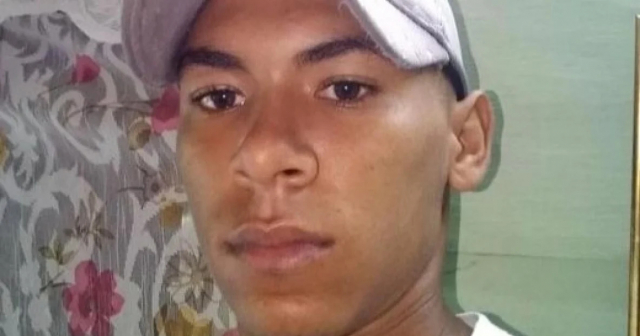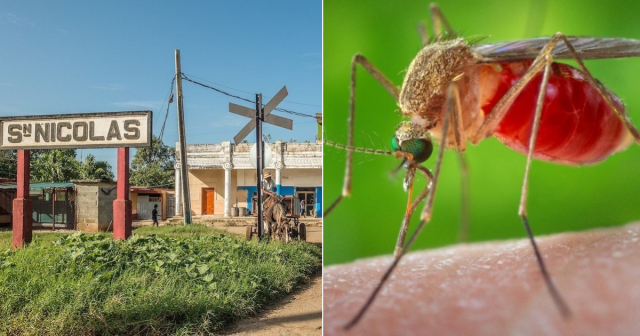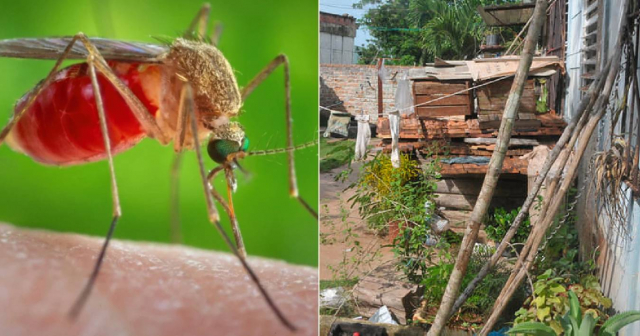Francisco Durán García, national director of Epidemiology at the Ministry of Public Health (MINSAP) of Cuba, warned about the first confirmed presence in the country of the Oropouche virus and cautioned that although the clinical picture is not serious, it should not be underestimated.
The virus, which has already circulated in some countries in the region this year, mainly in Bolivia, Brazil, Colombia, and Peru, had never been detected in Cuba.
The first cases of the disease were diagnosed in Santiago de Cuba, although it was indicated that in the last few hours cases were confirmed in Cienfuegos, specifically in Aguada de Pasajeros, Cumanayagua, and Abreus, among other areas.
Francisco Durán reported that the disease has an incubation period of five to seven days, during which transmission can occur even in the absence of symptoms.
Unlike dengue and other diseases, which are transmitted by the Aedes Aegypti mosquito, Oropouche is transmitted by the Culicoides forensis midge - which is present in the Americas region - but also by the Culex quinquefasciatus mosquito.
Durán García explained that the species of Culicoides paraensis sandfly has not been detected in the country, but the Culex quinquefasciatus mosquito is present, which breeds in all types of water, including sewers and contaminated waters, exacerbating the danger in Cuba due to poor hygiene.
"The worst thing of all is that it breeds in any puddle of water, even in sewage water, in accumulations of water of any kind. Its control requires a lot of popular participation," noted the specialist in statements to Cuban television.
"It exists in all provinces, in all municipalities, in all regions... It is the mosquito that bothers a lot mainly during the night hours," Durán García said about the Culex quinquefasciatus mosquito.
As a less negative piece of information, the epidemiologist pointed out that the clinical picture lasts around four days and does not usually lead to severe cases.
The first symptom it presents is fever, followed by headaches, joint pain, and in some cases also vomiting and diarrhea.
Durán García pointed out that other more serious diseases such as dengue and respiratory viruses can produce the same symptoms, so in case of any suspicion, one should seek medical attention.
"The health care staff is prepared and is the one who defines the behavior to follow in these cases," he commented.
"We cannot underestimate it. Because at this moment in Cuba, there is dengue, which often tends to produce severe and critical cases. The most important message is that when experiencing these symptoms, one must go to the doctor. Let the doctor determine whether it is oropouche, dengue, or influenza," he insisted.
Regarding the steps to follow once the disease is diagnosed, she indicated that since it is viral, the treatment is palliative, meaning it focuses on the symptoms that the person may have.
There is a working team making interventions for the fight against vectors, from the community participation perspective, from the clinical point of view, and screenings," concluded the specialist, who urged to be alert and emphasized several times to seek medical attention as soon as possible if symptoms are present.
The Ministry of Health says that "all cases have evolved favorably with improvement of symptoms between the third and fourth day from the onset of the illness."
What do you think?
SEE COMMENTS (6)Filed under:






